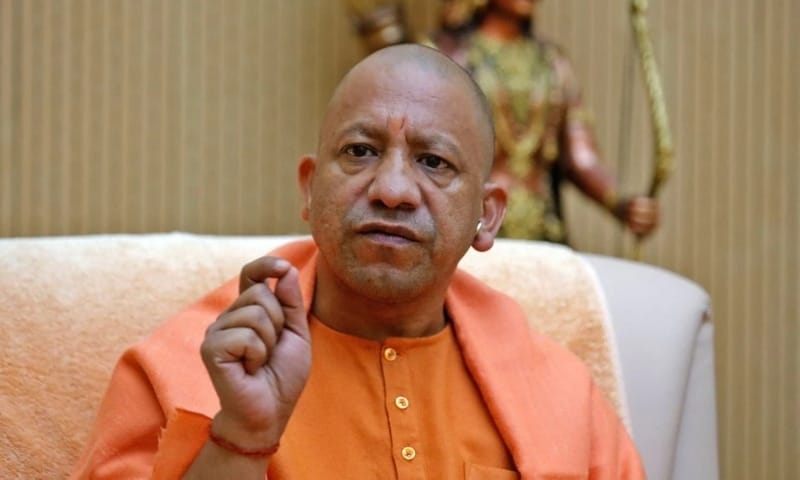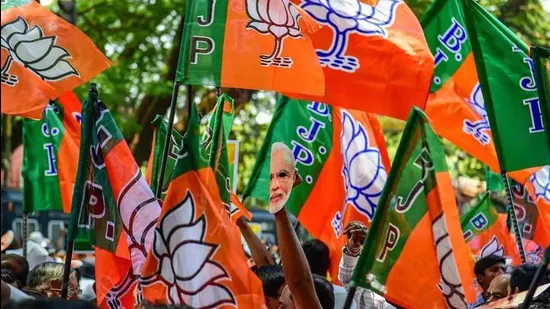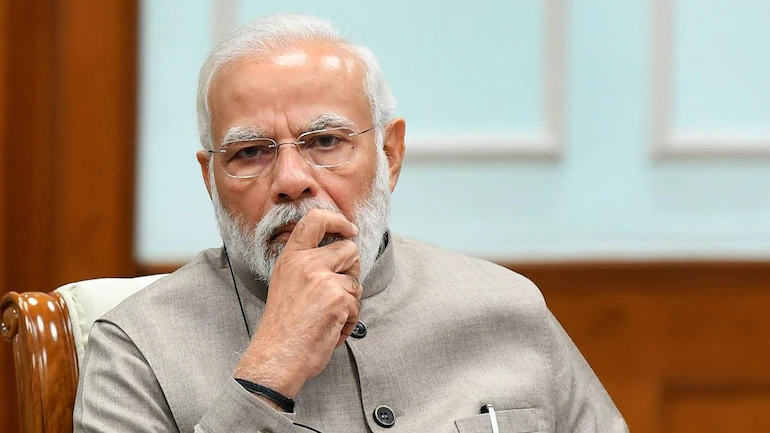A big chunk of voters in the state of Uttar Pradesh comprises marginalized communities and migrant workers. They were highly affected by the three Covid-19-induced lockdowns where they suffered a financial crunch. Also, the migrant workers were forced to walk miles back to their homes in lockdown without any government arrangements.
Despite this, the rural voters still prefer PM Modi and intend to vote for him in the next parliamentary elections. Interestingly, after the 2014 Parliament elections, it is seen that the BJP is the top choice in central elections, but it has found it difficult to win state polls.
Voters might choose the Samajwadi Party for state elections, but voters are determined to support the BJP in national polls. The issues like inflation, unemployment, and the handling of Covid-19 do not seem to deter them. For this reason, even Akhilesh Yadav is campaigning against CM Yogi and his government and not PM Modi.
Along with all these issues, the anti-incumbency factor has always been significant in India. But, it seems to be sidelined even after multiple attempts of opposition in UP.
What is Anti Incumbency, and its role in elections?
Anti-Incumbency is the sentiment among the voters to vote out a reigning politician. The Anti-Incumbency factor plays a role in the time of elections that will support to restrict the term of a politician. Also, India has the highest rate of Anti-Incumbency in the world, which plays a major role in the state and national elections. It is often seen that a politician finds it difficult to win back their office, and the opposition takes this opportunity to create a space for themselves.
Does UP have an Anti-Incumbency angle?
For a state like UP, multiple factors have played the role in elections and BJP has an advantage even after the Anti-Incumbency factor and farmers’ protest issue. CM Yogi’s attempt to create the image of UP into a Rogue state has been fruitful for him.
At the same time, the opposition has been criticizing his term and approach to law & order and unemployment, trying to create an Anti-Incumbency factor that has been doubled with the alternative of Akhilesh Yadav.

However, PM has been direct and aggressive in this campaign for targeting SP and his popularity has concealed the Anti-Incumbency factor of CM Yogi. The concept of a double-engine government at the centre and state seems to attract voters.
The opposition was very active in targeting BJP over Farm laws, Migrants issues, handling of Covid-19, and unemployment that also applied to the central government. But, the voters seem a little unaffected by this. Although the rural population acknowledges his shortcomings on some issues, they are ready to vote for him.
What is the reason behind strong support for PM Modi?
Political analysts like Prashant Kishor consider the ability of PM Modi to speak and communicate with the masses to his popularity. Before taking up any government office, PM Modi was a party worker, and he has a deep understanding of public behaviour. He can well speak about his government’s work and achievements to influence the rural voters.
At the same time, the BJP has kept National security at the priority of their government which has created an impact on voters. But, that does not mean that the voters don’t want more.

The state elections in 2021 made it clear that the BJP has to work hard in states and centres if it wants to maintain the support of voters. Otherwise, the people are also creating a likelihood towards the regional parties. If the same happens in UP then SP has a considerable chance to win.
Every state political party has its respective voter base in UP including BJP. But, The preference for PM cuts across the social sections, and then BJP’s strategy to keep him at the centre of their Campaign has yielded results.
Summing up,
The ‘Yogi-Modi’ partnership seems to influence voters blurring anti-Incumbency factors Also, there is a particular liking for PM Modi despite many criticisms against him by the opposition. However, this preference does not always convert into votes for the state elections. This time it will be important to see whether the preference creates an impact on voters or not.
Also Checkout: Ukraine-Russia conflict brings out the issue of selective covering of conflict and humanitarian crisis by media












